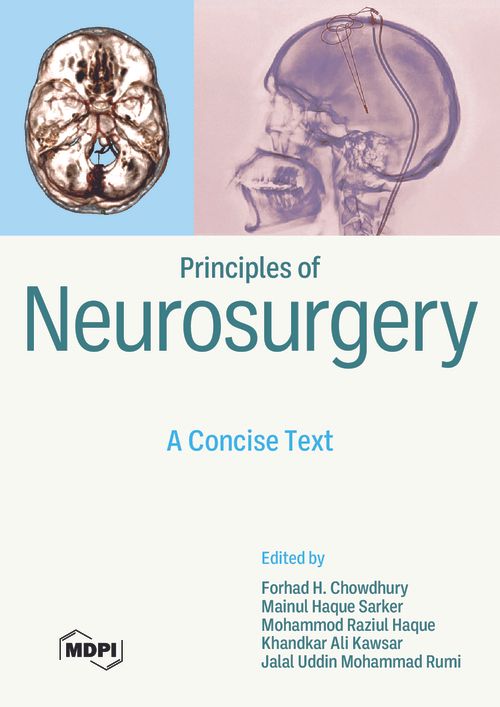Cerebral Infection and Parasitic Infestation
Cerebral infection and infestation are devastating events that can invite many life-threatening complications. The management of such complications may need neurosurgical intervention. Common cerebral infections include acute bacterial meningitis, tubercular and fungal infection. Common complications of acute bacterial meningitis that need neurosurgical intervention are hydrocephalus, brain abscess and subdural empyema. Tubercular and fungal infection usually complicate with granuloma or abscess formation, especially in immunocompromised or diabetic patients; however, hydrocephalus is also frequent in tubercular infection. Neurocysticercosis and hydatidosis are common parasitic infestations of the CNS. In this chapter, acute bacterial meningitis, viral meningitis, brain abscess, subdural empyema, fungal and tubercular infections are discussed, including their neurosurgical management. Parasitic infestations, neurocysticercosis, hydatidosis and cerebral malaria are discussed in brief. Finally, an important neurosurgical infection “shunt infection” is discussed in the last part of the chapter.
